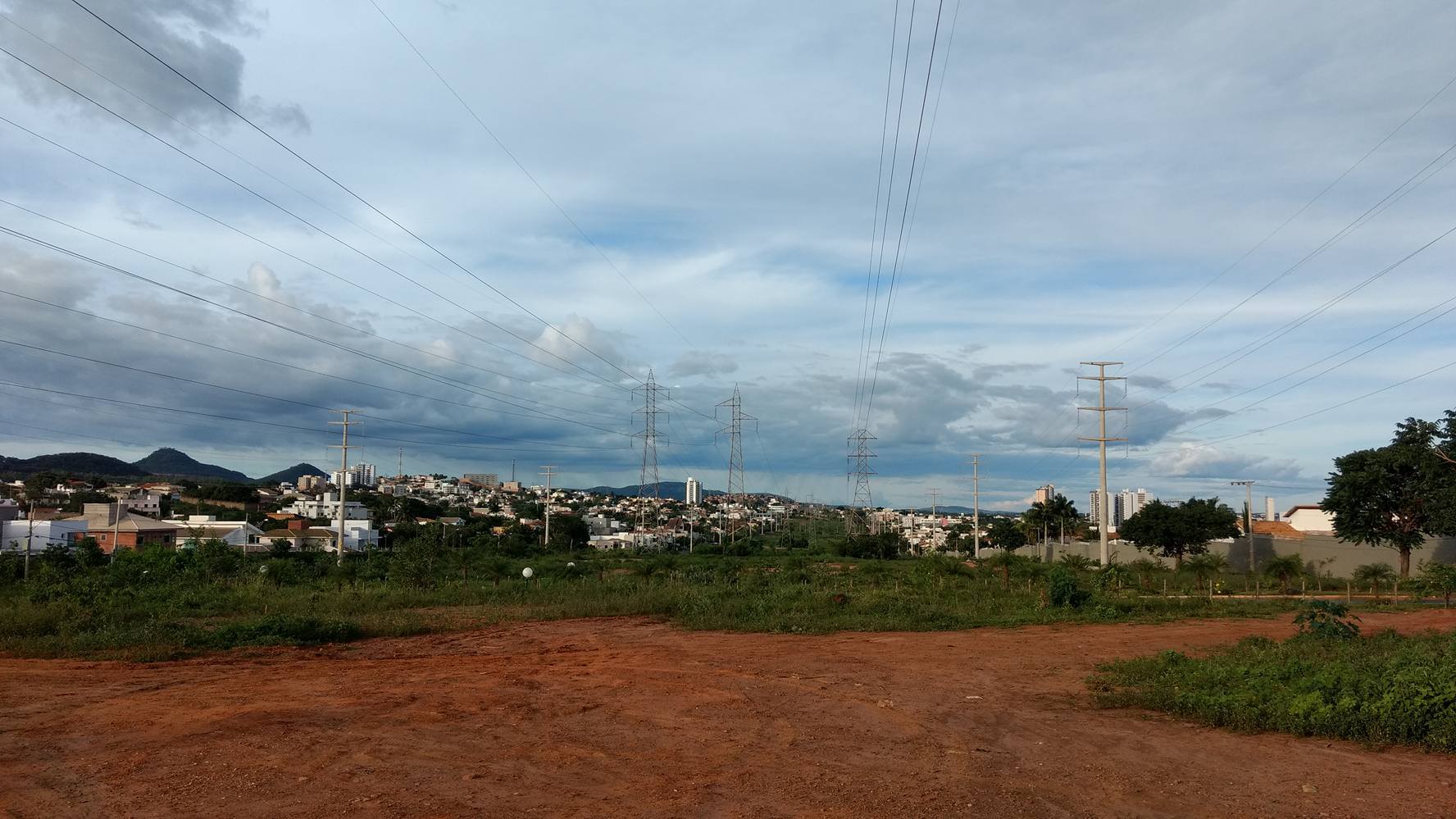
Uploaded on 2016-12-26 by Ana Sofia Almeida
1. Liverpool, UK 2. Lleida, Spain 3. Curitiba, Brazil 4. Viçosa, Brazil 5. Montes Claros, Brazil Security: Human rights, political instability, ease of communication and personal liberty. Health: Sanitation standards, risk of spread diseases, access to health assistance, availability of medication, access to quality food. Economic stability: affordability of goods and services, employment, poverty, minimum wage, quality of banking service, money value, social inequality. Education: ease of access to public/free education, quality of education, education structure maintenance Housing: rental/mortgage values, household appliance and maintenance affordability, legal ownership, site security and location, access to basic infrastructure. Even though Montes Claros does not have severe security problems, it is not a safe city. High criminality makes some daily activities dangerous. Hospitals are always overcrowded and understaffed. Poverty and social inequality are high. Public education is neglected. Rental and mortgage values are average for Brazilian patterns. The city could take advantage of some of its potentials by improving transportation and public spaces and creating a safer and more dynamic city, encouraging partnerships with universities to propose development projects, recovering cultural backgrounds, creating more centralities and protecting natural resources.